HEARTLAND FOODWAYS
The Heartland Foodways series seeks to encourage and publish book-length works that define and celebrate midwestern food traditions and practices. The series is open to foods from seed to plate and to foodways that have found a home in the Midwest.
Series Editor
Bruce Kraig, Roosevelt University
Editorial Board
Gary Fine, Northwestern University
Robert Launay, Northwestern University
Yvonne Lockwood, Michigan State University Museum
Lucy Long, Bowling Green State University
Rachelle H. Saltzman, Iowa Arts Council
A list of books in the series appears at the end of this book.
Acknowledgments
A book project such as this about real people in real places is dependent on the kindness of so many people. I am most indebted to all the people who spent an hour or two sharing the stories of their lives and work with me. I could not begin to capture all the interesting things they shared. For the winery owners, hopefully my biggest gift in return will be that more people will appreciate the challenges of the work you are doing, will visit your wineries, experience your hospitality and fine work, and hear some of your stories I didn't include. For the university and industry organization folks who have been so helpful, I hope that those thinking about getting into the winery business will take advantage of your wisdom earlier rather than later and take it to heart. Although the primary focus of this book is winery owners and their work, I thank Butch Fennema and Dianna Hamilton for sharing their experiences as customers who appreciate what Midwestern wines and wineries offer. Sadly, Dianna's husband Steve, who also talked with me, passed away before I could finish the book and share it with him.
I would not have had the firsthand experience picking and crushing grapes and bottling wine without the support and generosity of John, Bill, and Laura Richardson at Mallow Run Winery. In addition to allowing me to pry into their lives, John and Bill graciously responded to my questions for almost five years when I was trying to understand various things about the business. John also read an early version of the manuscript. These three and their infectious enthusiasm for what they are doing got me thinking about this project, and I really can't thank them enough. They are masters at making a good time for everyone.
I am deeply indebted to Bill Regier, former executive director of the University of Illinois Press and acquisitions editor for the Heartland Foodways series, for seeing some promise in this work and encouraging me to include additional Midwestern states in my project. The added states helped to confirm the many things I had learned in Indiana while broadening my understanding of some of the differences across states that impact what winery owners can do. Although I could not address all the states I would have liked on my out-of-pocket budget, I had the opportunity to meet many more wonderful people by crossing state lines, and I developed a much richer perspective. I hope you enjoy retirement, Bill. I couldn't have asked for a better replacement when Assistant Acquisitions Editor Marika Christofides took over the project. She was a pleasure to work with, calming my fears about the transition and ably helping me bring the project to completion. The entire University of Illinois Press staff I have worked with have been wonderfulMichael Roux, Kevin Cunningham, Steve Fast, Roberta Sparenberg, and Jennifer Comeau. Jane Lyle copyedited the manuscript, deftly smoothing my prose and making it a much better read than it would have been otherwise.
I owe my friends and University of Indianapolis colleagues many thanks for putting up with me the last four years as I talked incessantly about the book. My brother Don frequently joked that there is no book. He's also kept me informed about Texas wines, as a good brother should do. My bandmates in Acoustic Catfish, Rob Gobetz and Scott Morgan, are owed an apology for my inattention to our business as the book project stretched across and consumed so much time. They are both good friends who understand that sometimes we listen to and follow different drummers in our lives.
I am thankful for the support and encouragement of my department colleagues Tim Maher, Kevin Whiteacre, Amanda Miller, and Bobby Potters; my dean, Jen Drake; and the university's director of public information, Scott Hall, and provost, Deb Balogh. I am especially grateful to the university and our sabbatical and grants committee for giving me the opportunity to take a sabbatical during the 201112 academic year to spend time in the field and conduct interviews. It provided some of the time I needed to get the project well off the ground while also allowing me to pay my bills. Thanks also go to UIndy sociology graduate student Heather Coyle, who helped me out with some transcription and did a nice job for someone unfamiliar with wine terms. Our administrative assistant Gwen Thomas helped me out so many times in so many ways, especially while I was department chair, that I won't list them.
I also owe many thanks to Ken Colburn, my undergraduate mentor, who helped me understand how everyday life was sociologically interesting. He and his wife, Mary Moore, my friend and colleague at the University of Indianapolis, were companions in conviviality at the time when my interest in wine was developing and helped me understand it as a pleasant supplement to a social occasion. I am also deeply indebted to Bill Firestone, my dissertation supervisor at Rutgers University, who gave me the opportunity to further develop my interviewing and analytical skills studying teacher networks in California and Vermont.
The person to whom I owe the most thanks is my wife and closest colleague, Greta. She took trips to wineries with me, shot photos (some of which appear in this book), observed or heard things I sometimes overlooked, talked with me constantly about what I was thinking, gave skillful, detailed feedback on each manuscript draft, transcribed parts of interviews when I was running out of time, and enthusiastically shared in the contemplation of many bottles of wine. She tolerated a number of vacations when I mostly sat at the computer and worked. I could not have seen this project through to the end without her love and support. This kind of work takes over a person's life, and I deeply appreciate that she willingly shared the pains and pleasures of it.
The final caveat is that I am ultimately responsible for the sentences you will be reading. I had a massive amount of information to sift through, and growing grapes, making wine, and owning a winery are not simple subjects. I draw heavily on what people told me, as evidenced by the many quotations. But ultimately, this is my account of what I learned, and there could be many others. I hope your understanding of what it takes to get the grapes in the bottle is enriched by what I have written. That was my goal. Whether I succeed or not, I'm quite sure your reading will be enhanced by a bottle of wine.


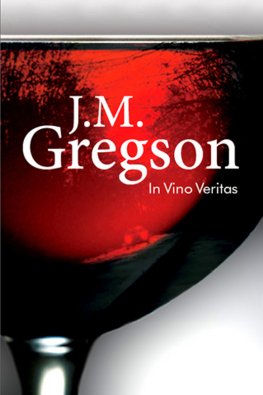
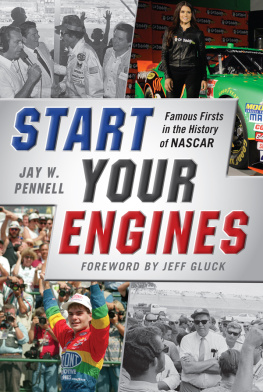
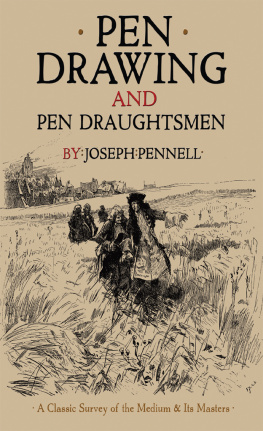
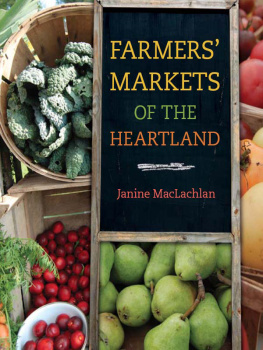
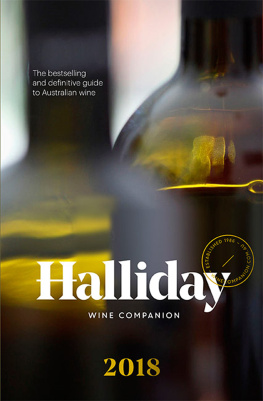
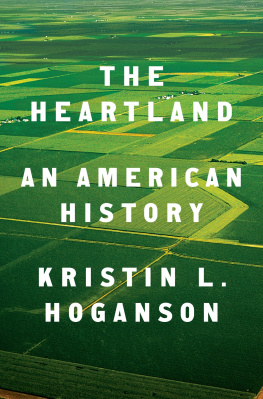
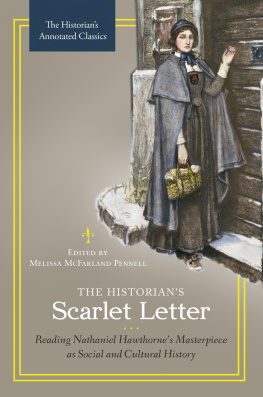
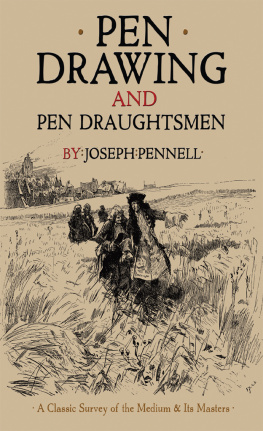
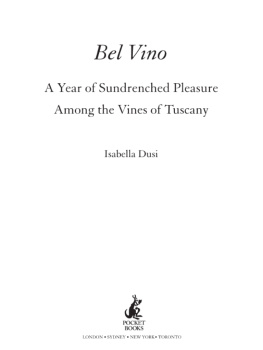



 This book is printed on acid-free paper.
This book is printed on acid-free paper.